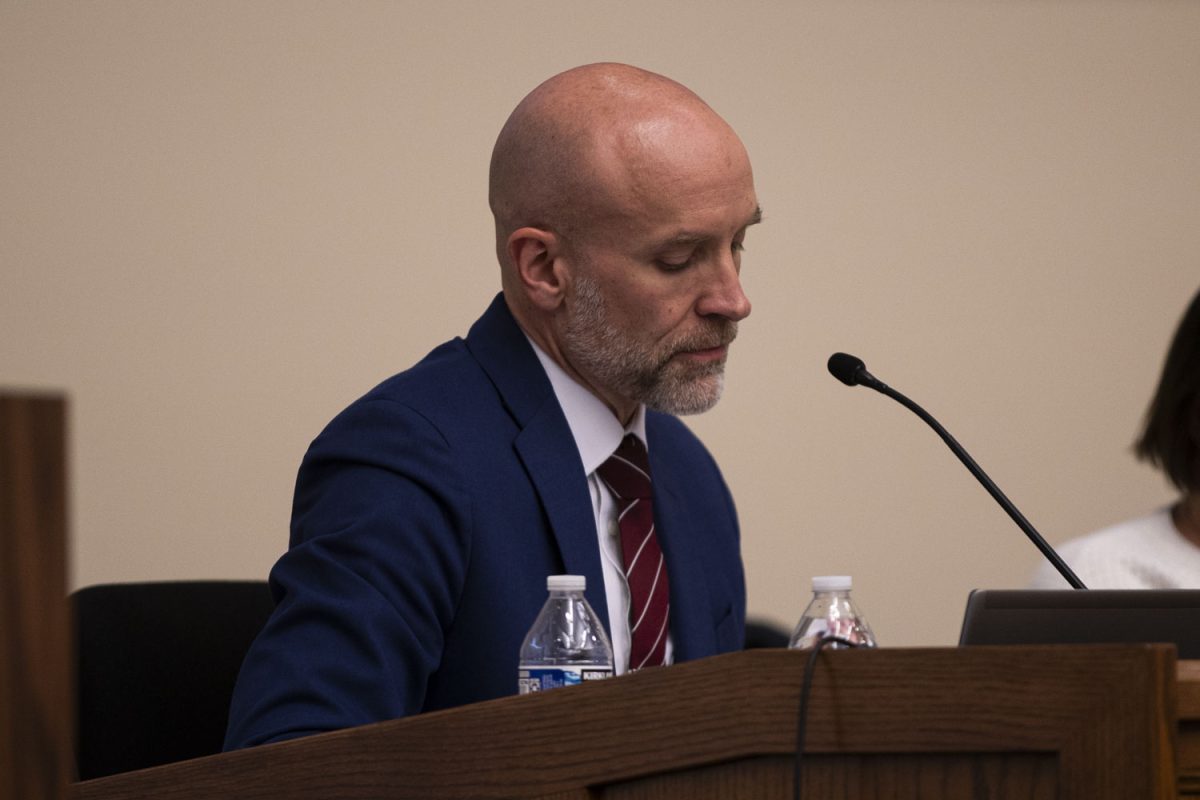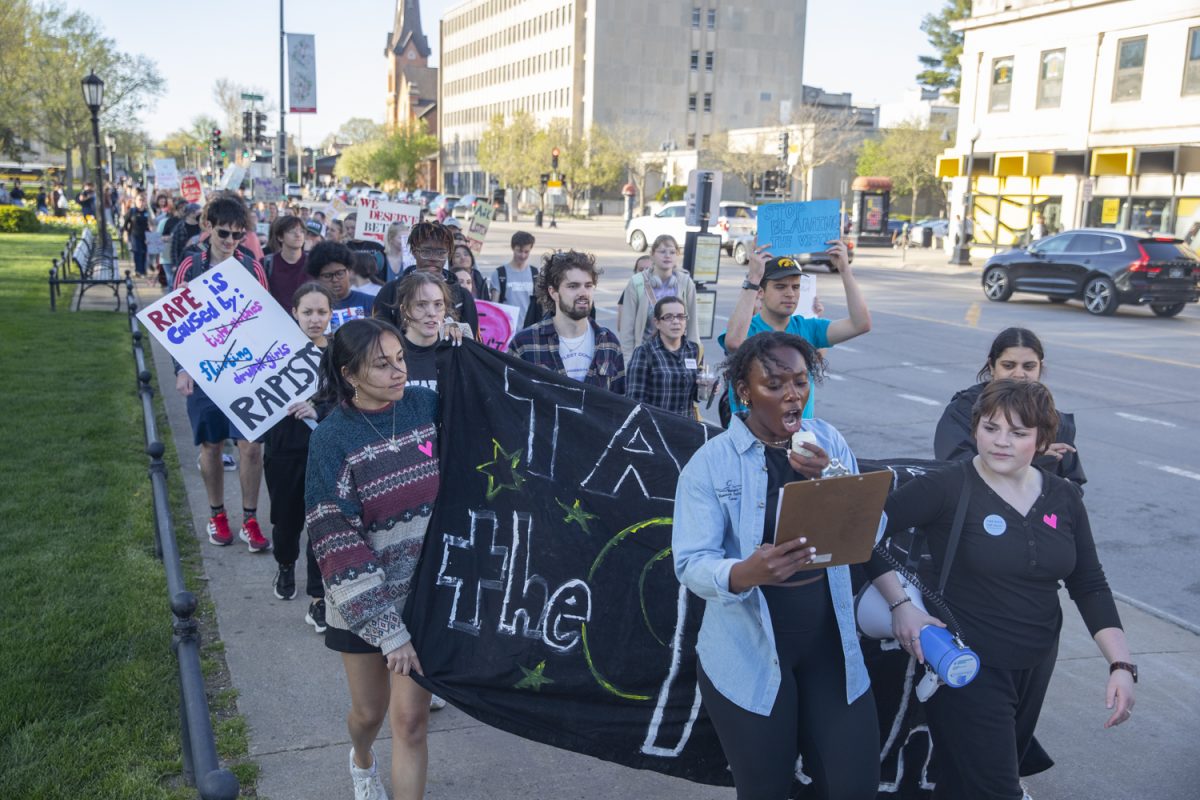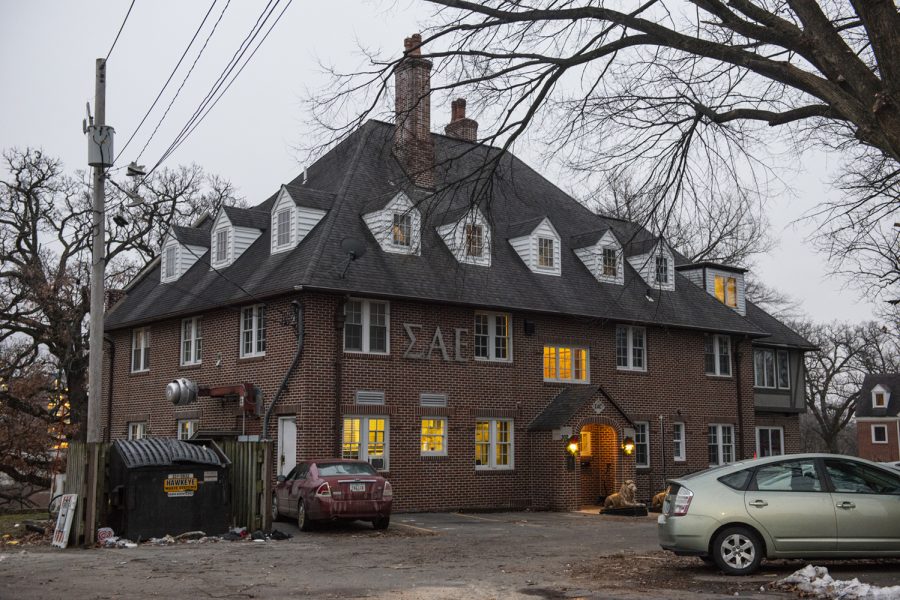Doctors and nurses from the UI Children’s Hospital went to Jamaica last week — but it was hardly a vacation.
Physicians including Stacy McConkey, a UI clinical associate professor of pediatrics, provided health care to underprivileged youth on the island from Sept. 14-19. It was the second time the UI volunteers have gone to Jamaica.
“It was phenomenal,” McConkey said. “I was very touched. We gave kids a chance to be healthy.”
In Jamaica’s sweltering heat, 21 UI volunteer doctors and nurses set up six “less than ideal” laboratory and clinical stations, which provided free health care for children. Many were undernourished and rarely had the opportunity to see a pediatrician or nurse.
Parents became aware of the clinics primarily by word-of-mouth and didn’t wait long to bring their children.
On just one day, the clinics saw a record 186 patients. McConkey and one nurse crammed into a 7-by-9 foot room, which also held seven patients at one point.
“That was a long day,” McConkey said with a chuckle.
In 2005, Couples Resorts, a Jamaican tourist company, founded the Issa Trust Foundation, a nonprofit organization that provides prevention, health promotion, and education as well as community health improvement to locals.
“As a Jamaican-owned company, [Couples Resorts] felt it was important to give back to the community,” said Randy Russell, the chairman of the Issa Trust Foundation.
In March of that year, the foundation partnered with the Raymond Blank Children’s Memorial Hospital in Des Moines to sponsor an annual one-week “Medical Missions” to the Ocho Rios region of Jamaica. During these trips, medical professionals not only treat children in need, they also provide educational resources for children and their parents.
“The impact is immeasurable, really,” Russell said. “Among all of its great things, Jamaica does have communities that lack necessary health care.”
The professionals provide children and their parents with basic health information that Americans often take for granted, he said.
Critical care associate Firas Rabi was one of the volunteers on the Jamaica trip.
“It was satisfying and gratifying,” he said. “The children needed to be seen by specialists. This year’s team had significantly more specialists.”
Rabi said the specialists likely made significant improvements in at least four or five children who wouldn’t have otherwise lived another year. He also stressed the stark contrast between the U.S. and Jamaican medical systems.
“It showed me how much we take for granted — how little we had to do to provide dramatic improvement,” he said.
The Jamaican clinics don’t have nearly the resources or equipment that are available here, he said. Some rooms didn’t have beds, forcing doctors and nurses to put three or four bed sheets on a desk.
Between the 2007 and 2008 trips, more than 3,000 children received medical attention. During last week’s trip, doctors saw roughly 700 children.
Overall, participants describe the experience as extremely positive.
“It was very rewarding,” said Diane Pollard, the vice president of the Issa Trust Foundation. Pollard, speaking from Jamaica, became emotional as she discussed the program’s effect.
“We all walk away with so much more than they do.”






